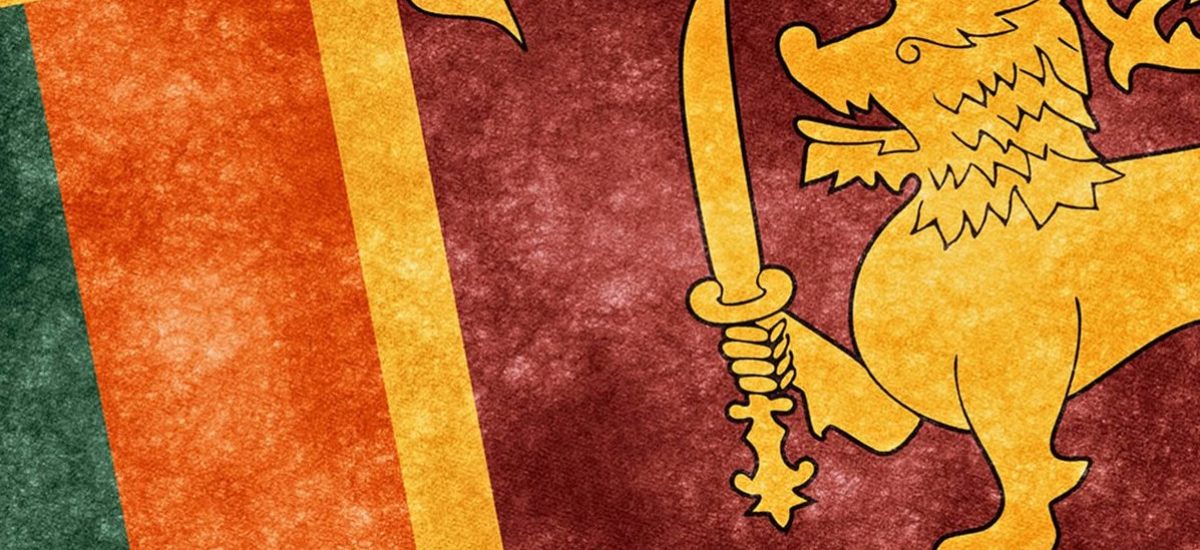With Freedom (Independence) Day in sight we should be reflecting on how best our freedom gained, is to be consolidated and what new freedoms are to be secured. As change occurs, our perception of life grows and our understanding of ethics evolve, the human quest to stay free never ceases.
Some educational institutions guide their students to review our Independence; the freedom it has brought us and the freedom we still lack. Civic and religious gatherings go a step further to engage in silent introspection.
Legislators, it seems, do little of this. When you hear them you hear little that is refreshing or generous. Their behavior and performance indicate a fear of silence.
A recurring wound
It is this inability to be still and look in, that causes the havoc and reopens old wounds. The idea sown recently to sing the national anthem at Independence Day celebrations in Sinhala only, is one such sad and recurring wound. Our legislators, set aside to nourish freedom with dignity for all, have no qualms about reversing steps towards reconciliation.
Introspection and Freedom
It is never too late for our legislators to learn to engage in introspection in preparation for Freedom Day and beyond. The women and men who sweat it out in parades on this occasion, spend weeks in preparation. Calling those tasked to steer the destinies of the country, to be still and pay attention to the moment, is not asking for too much. When practiced with diligence, the benefits of introspection can be surprisingly enlightening and life transforming.
The national anthem
For instance introspection will disclose that to sing our national anthem in both national languages, does not undermine or desecrate either of them. To the contrary, when we venerate Mother Lanka as one people, in both Sinhala and Tamil, we demonstrate the magnanimity of our cultures in which our respective languages flourish. Much more, when Lanka is proclaimed as Mother of all, her daughters and sons grow as sisters and brothers.
This recurring wound must be treated once and for all. It is far too crucial a sign and symbol of national integration to be left to individuals to tamper with. While other countries must do it their way, one anthem sung side by side in two languages, has depths of potential to create one people side by side in one Lanka. Far from banning the singing in one language, we are to raise the bar by ensuring that it is sung with dignity in both languages; on Freedom Day and all national occasions.
Words of caution
The spirituality of introspection does not work mathematically. Children who do assignments on national independence do not inevitably end up better citizens. Similarly, when those in governance stop to reflect, it does not mean that we will be blessed with better governance. But if there is one universal and time tested method that spreads transformation across human barriers, it is introspection.
Introspection is not withdrawal. It opens the door to responsible living. To look in, is to recognize that freedoms, valued and passed on by those who have gone before, are to be likewise protected and passed on.
This is best done when we use them. If children stop playing cricket we will cease to be a cricketing nation, in spite of having several international stadiums. If fishers do not go out to sea, we will have less fish on the table, in spite of being surrounded by water.
Similarly, hard earned freedoms get compromised and then buried, when we do not use them. To depend on others, especially legislators, to protect our freedom on our behalf, is a mistake. It is the surest way of enshrining our freedom as relics in our constitution.
Mutual gifts
Introspection with responsibility, is the best gift we can give the nation for Freedom Day. But as one Freedom Day follows on another, Mother Lanka blesses us in return. She presses and persuades us to work for wider freedoms. Some of these are;
- freedom from noise pollution,
- freedom to breathe clean air,
- freedom from death and injury on our roads,
- freedom from the politicization of religion,
- freedom from corrupt, conniving politicians,
- freedom from trial by media,
- freedom for women from suppression and incessant abuse,
- freedom for children from endless tuitions and loads of home-work,
- freedom from discrimination and ridicule for the stranger in our midst,
- freedom to live with dignity, and,
- freedom to die with dignity.
Conclusion
Learning from past mistakes and yearning for greater freedom is a sign of mature nationhood.
The way ahead lies through dialogue and consensus. Such a course will nevertheless bring tensions. The best in us, formed in character and conscience will have to engage with the worst in us, entrenched in sectarianism and supremacy.
But the yearning for freedom has a lasting grip. The hand on the plough feels the onward pull. It may waver, but once grasped, there is neither provision nor permission to let go.
With peace and blessings to all!

